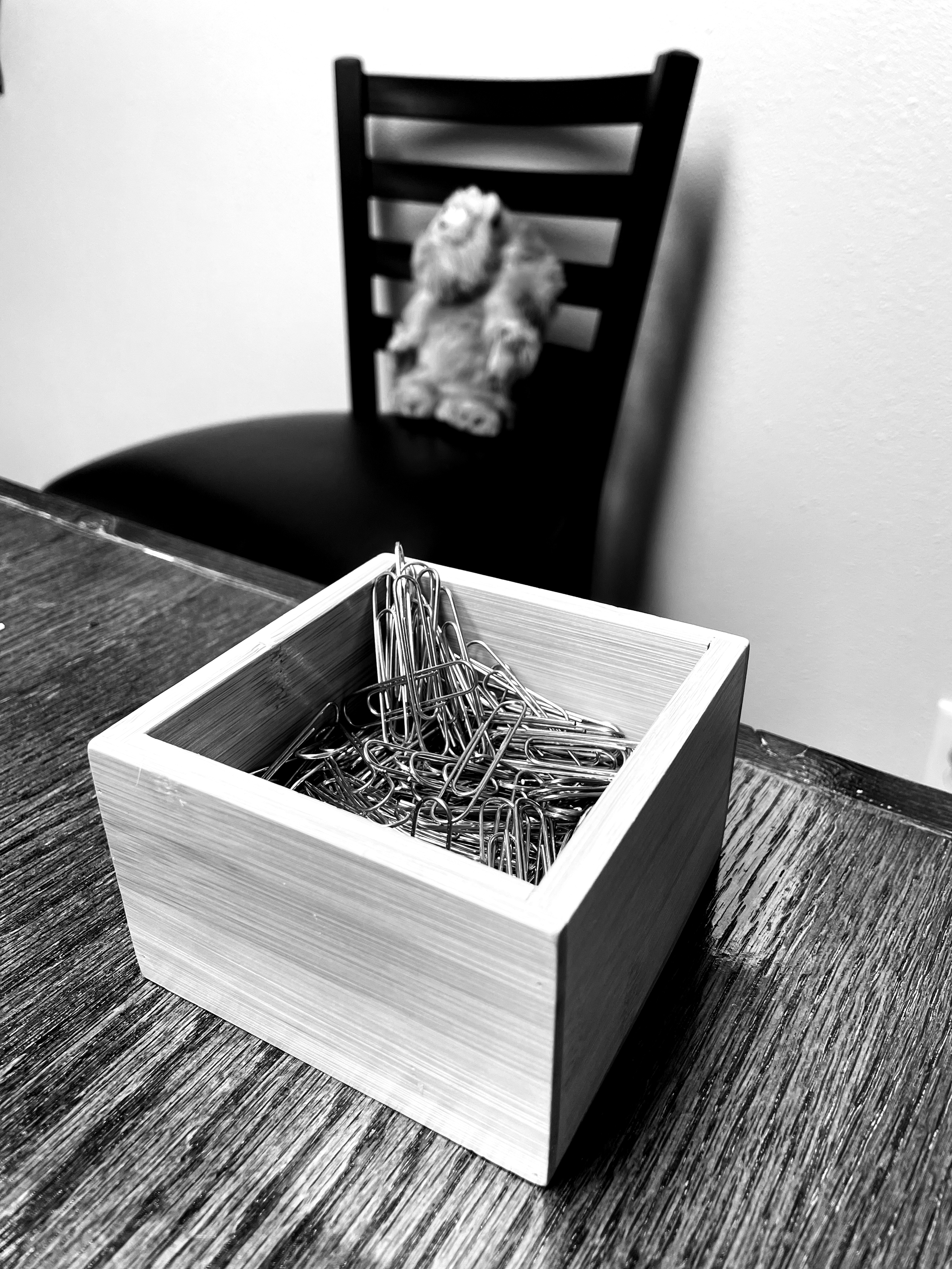Thinking Little
“For most of the history of this country our motto, implied or spoken, has been Think Big. I have come to believe that a better motto, and an essential one now, is Think Little. That implies the necessary change of thinking and feeling, and suggests the necessary work.” —Wendell Berry
This week, as my friend Lacey would say, I have the SADs.
At least, that’s what I think I have. Not melancholy or acedia or gloom or depression. SAD—seasonal affect disorder. Although I have never been formally diagnosed, the signs are all there. Every summer, when the weather gets hot and the whole world seems to be celebrating the great outdoors, I turn into Grumpy McGrumpyButt. I hate it, but I can’t deny the pattern.
I realize that, if indeed I suffer from SAD, mine is a defective form. The vast majority of people with the disorder get depressed in winter, when the weather is cold and sunshine scarce. That seems rational, at least. I, on the other hand, hit bottom when the grass is green at the trees are in full bloom. People are golfing and riding bikes. Some intrepid souls are boating on the questionable waters of Lake Mitchell. Those who live close enough to a ballpark are sitting in the stands to take in a baseball game.
Me? I grumble to myself. I complain about the heat. I mope. I wish for autumn.
My yearly summer slump isn’t entirely without cause. I am a campus pastor, and I derive vocational energy from engaging with students. This time of year, however, my congregation has scattered to the winds, whether back to their hometowns or off to summer jobs, leaving me as an unwilling anchorite on a near lifeless campus. On top of that, I’m a ginger with fair skin and thinning hair. I was not made for sun and heat. Oh, and for some reason mosquitos find me tastier than they do almost anyone else I know.
And as long as we’re spiraling down this vortex of despair, let’s talk about the weather. Climate change is evident all year round, but I feel it more acutely in the summers. These last few superheated days remind us that our addiction to comfort and convenience is not without price. Hurricane season will be on us before we know it, and the storms are getting worse. Where I live, it’s only a matter of time before smoke from wildfires to the west cast a haze across the skies.
I sometimes think I’d be healthier, if I were less thoughtful or not as educated. To quote Annie Savoy in Bull Durham, “This world is made for people who aren’t cursed with self-awareness.”
Still. Here we are. What do to about it?
That always seems to be the question. Diagnosing our societal or institutional woes is so easy that I won’t even bother to list examples here. Anyone with half a brain already knows. Our difficulty isn’t defining the problem. It’s acting toward a solution. That’s as true for environmental policy makers as it is for small-town pastors with the SADs.
Ironically, one of the most helpful suggestions I’ve come across lately comes from a podcast dissecting large institutional failure. Mike Cosper’s The Rise and Fall of Mars Hill chronicles the history of Mark Driscoll and Mars Hill Church in Seattle. Across eighteen episodes and nearly 20 hours of material, Cosper asks what has gone wrong with modern pastoral leadership and why Christians keep falling for celebrity pastor shenanigans. The podcast can be hopeful and insightful, but it also feels like a post-mortem for an institution that doesn’t know it’s dead.
The latest episode, “Everything Is Still Falling Apart,” offers a different approach to solutions. Beginning at 44:00, Cosper and ethicist/theologian Russell Moore discuss the struggle to address big problems. They draw from Wendell Berry to suggest a somewhat counterintuitive stance.
”People want a solution as large-scale as the problem, and that’s rarely the case,” Moore says. “Instead, what usually is the case are a bunch of small solutions. Those small solutions don’t satisfy people’s need for drama. It doesn’t feel like something is being fixed right away.”
Little solutions that make a big difference? I offer paperclips for your consideration.
For what it’s worth, they had me at the mention of Wendell Berry. He is one of those people whose vocation requires multiple slashes—farmer/poet/activist/ethicist/environmentalist/essayist, and so on. He might as well be the conscience of our nation, given that he is imminently wise and thoroughly ignored.
As usual, Berry’s suggestion provokes equal parts assent and aggravation within me. I know he’s right, and not just on an environmental or institutional level. The same principle applies to my own case of the SADs. There is no quick fix, no magic pill—at least not one without side effects I don’t want to endure. Instead, what’s required are small steps. A morning walk before it gets too hot. Cooking a meal. Writing a blog post. Editing a novel. Listening to the Cardinals.
Well, okay, maybe not listening to the Cardinals. It was a rough weekend in Boston. But I digress.
I suspect that on every level small steps are the key to addressing big problems. Thinking big often results in grandiose but short lived efforts, not to mention a stack of unintended consequences.
Thinking little, on the other hand, builds slowly and sustainably. It focuses on roots rather than fruits, trusting that if we tend to conditions the produce will take care of itself.
I understand how seductive thinking big can be, especially for those with some amount of positional authority. People are used to quick, low-investment solutions in virtually every aspect of American life. As my friend Billy likes to point out, we are a people who put food in the microwave and complain about how long it takes to warm up. It’s hard to sell the idea that real solutions take more effort that we wish and more time than we imagine.
Still, Berry’s idea is compelling precisely because it requires something of us that is within our power. I cannot solve climate change. But I can join others in living in such a way as to reduce my carbon footprint, which is critical to helping the planet heal over the next few generations. I can’t magically make the SADs go away, but I can take little steps that chip away at the power of those feelings, knowing that just as there is a pattern that leads to an emotional valley in the summer, that same pattern suggests an upswing by fall.
For today, at least, I’m not so overwhelmed with the world’s problems or my own, significant though they are. Rather, I’m thinking and acting on the little things in my control, and trusting that’s the best any of us can do.

